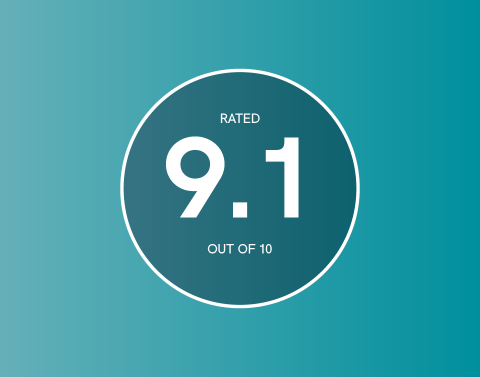When we become part of the leadership function, it’s important our working practices adapt. Being responsible for a team means your priorities must change; less about your progression, and more about the development of those under you.
Firstly, create a culture of openness. Communication is the foundation upon which this culture is built, and it’s your duty to start the conversation. Remember, the process is a two-way street, so if you expect people to keep you up to speed on their projects, ambitions and concerns, you’ll need to keep them informed about business strategy, objectives and upcoming assignments. This will lead to a team dynamic that is honest, trusting and respectful – the cornerstones of solid employee-mentor relationships.
You should also be a beacon of inspiration for your team. Solid motivational techniques are essential to effective management, keeping people engaged and happy at work. After all, engaged, happy employees are the kind that deliver, time and again. Be original in how you motivate, because repeating the same methods will soon become routine, and that may potentially have the opposite effect.
Lastly, after establishing a communicative space, full of happy, high-performing individuals, you need to do everything possible to protect it. The best managers shield difficulties from their teams and shoulder burdens from above, filtering down duties only where appropriate. Your role and pay grade comes with an added layer of accountability, so be prepared to take the rough with the smooth. The satisfaction of leading people to success is more than worth it.



